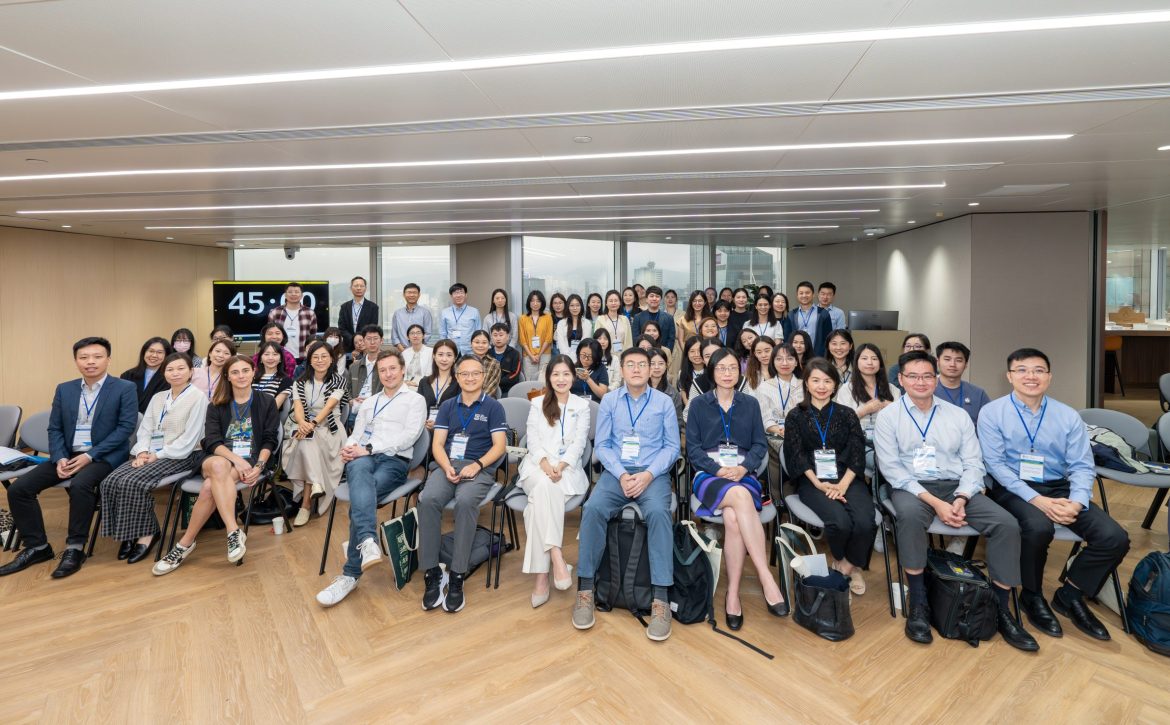The Impact of Recommender Systems on Content Consumption and Production: Evidence from Field Experiments and Structural Modeling
SPEAKER
Prof. Tat Chan
Philip L. Siteman Professor of Marketing
Olin Business School
Washington University in St. Louis
ABSTRACT
Online content-sharing platforms such as TikTok and Facebook have become integral to daily life, leveraging complex algorithms to recommend user-generated content (UGC) to other users. While prior research and industry efforts have primarily focused on designing recommender systems to enhance users’ content consumption, the impact of recommender systems on content production remains understudied. To address this gap, we conducted a randomized field experiment on one of the world’s largest video-sharing platforms. We manipulated the algorithm’s recommendation of creators based on their popularity, excluding a subset of highly popular creators’ content from being recommended to the treatment group. Our experimental results indicate that recommending content from less popular creators led to a significant 1.34% decrease in video-watching time but a significant 2.71% increase in the number of videos uploaded by treated users. This highlights a critical trade-off in designing recommender systems: popular creator recommendations boost consumption but reduce production. To optimize recommendations, we developed a structural model wherein users’ choices between content consumption and production are inversely affected by recommended creators’ popularity. Counterfactual analyses based on our structural estimation reveal that the optimal strategy often involves recommending less popular content to enhance production, challenging current industry practices.
Thus, a balanced approach in designing recommender systems is essential to simultaneously foster content consumption and production.






